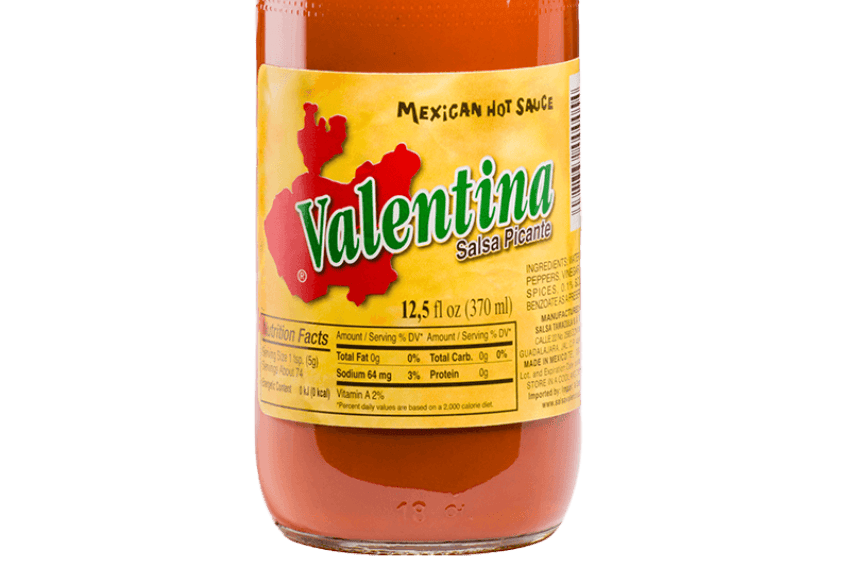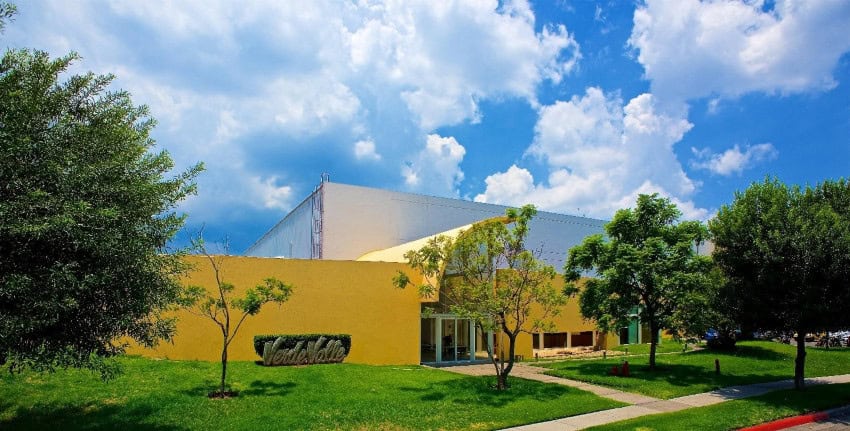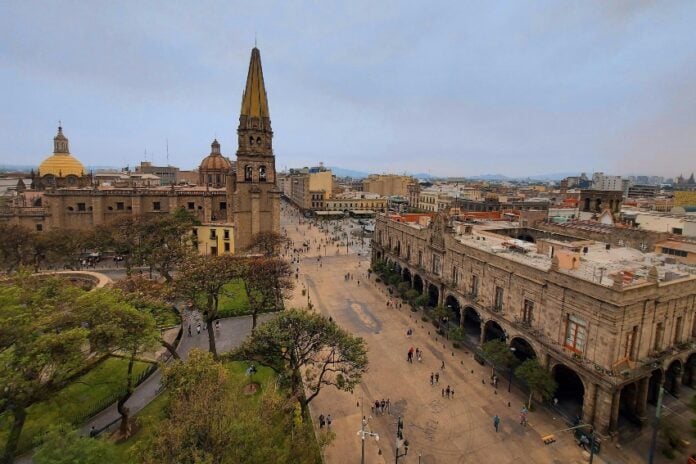I was having a conversation the other day with a friend from the U.S., and as we shared stories from our families and social circles, we realized just how many people I know who have their own businesses, starting with my own family.
In my family, the vast majority of family members are entrepreneurs. The spirit of building your own business was instilled by my grandfather, who, in turn, followed the example of his father. Even when times have been economically trying, the prevailing mindset has always been “let’s see what else we can sell” instead of “it’s time to find a job.”
The entrepreneurial mindset in Guadalajara

This pattern also replicates among my friends. And while many have worked at some point for a company, most of them currently own a business, are married to a business owner or work in their family business.
Whether owners of micro or small to medium or even large companies, I grew up in an environment where employees were the exception rather than the rule. And as it turns out, this is not an isolated fact — data proves that most people in Guadalajara are business owners.
According to a 2023 study by the Employers’ Confederation of the Mexican Republic (Coparmex), 79% of businesses in Jalisco are examples of local entrepreneurship, placing the state among the top three with the most business owners in Mexico.
“Guadalajara’s entrepreneurial spirit is sustained by deeply rooted values: hard work, responsibility, family unity, and the pursuit of personal and collective progress,” Paloma Arámburo, a founding partner at Arámburo Muñoz Abogados and a Deputy Secretary of the Board of Directors at the Guadalajara Chamber of Commerce, told me.
“At the Chamber of Commerce, we have witnessed how this entrepreneurial spirit has been a constant that defines the city’s economic and social identity,” she added.
Historical factors for Guadalajara’s entrepreneurial spirit
According to Arámburo, the historical factors that have contributed to the city’s thriving entrepreneurial scene include its geographic location, which favored trade in the western part of the country.

“Guadalajara was a strategic point of trade in the western part of the country,” Arámburo explained. “Its geographic location and productive focus generated an economic culture based on proximity, trust and collaboration, elements that fostered the formation and survival of family businesses. Many of them emerged from artisan workshops or small businesses that, over time, became pillars of regional development.”
Looking at the companies that have come out of Jalisco, it’s hard to deny the vibrant entrepreneurial spirit in the city. Many Mexican household brands, renowned both nationwide and abroad, hail from here. Think of Valentina, Tajín, Pelón Pelo Rico, Dulces de la Rosa, José Cuervo, Verde Valle, Omnilife and Pisa Pharmaceuticals, just to name a few.
What’s interesting is that all of these companies are still run as family businesses and have been operational for at least two generations.
Lack of opportunities spurs entrepreneurship
“In Guadalajara, it’s common for several generations to participate in the family business, strengthening not only the company but also a sense of belonging and legacy,” Arámburo said.
While there’s a long tradition of transgenerational family businesses, the city is still seeing new businesses opening up.
Paloma Robles, Attorney at Law specializing in Corporate Governance for Family Businesses, thinks the wave of new businesses is a response to the lack of opportunities, not only in Guadalajara, but across the country.

“Salaries are bad in Mexico, and for that reason, people feel forced to start their own business,” Robles said.
Looking at the country at large, it would seem Guadalajara’s entrepreneurial spirit is only a reflection of a much broader reality: Mexico’s economy as a whole is largely driven by entrepreneurial families.
Recent data by the National Institute of Statistics and Geography (INEGI) and PricewaterhouseCoopers (PwC) reveal that between 85% and 90% of businesses in Mexico are family-owned, with the majority (99.8%) being micro or small businesses.
Family businesses and Mexico’s GDP
According to the book “Succession in the Family Business: Success Stories from TEC de Monterrey and Citibamex” from February 2022, family businesses are estimated to account for 75% of the country’s gross domestic product (GDP) and to provide over 70% of jobs.
“Mexican culture is different in comparison to the United States,” Robles said. “In Mexico, it’s very common for parents to expect their children to manage a family business, whereas in the U.S., children are expected to become independent at 18. So there’s a huge cultural element in that regard,” she added.
What’s striking, however, is that 70% of family businesses in Mexico disappear after the founder’s death, while only 12% survive into the third generation. According to the Mexican Entrepreneurs Association, this is due to poor business management and a lack of financial planning.
New family businesses outnumber dying ones in Mexico

Still, the entrepreneurial spirit persists, and according to INEGI, the proportion of businesses that were created between 2019 and 2023 increased in comparison with those that went under. For Arámburo, this spirit goes beyond low salaries and responds to a wish to find autonomy and create a fulfilling life on one’s own terms.
“Today, entrepreneurship also responds to a deeper search for autonomy, purpose and personal balance,” she said. “More and more young people are choosing to become entrepreneurs because they want to create projects that reflect their values, generate social or environmental impact, and have greater control over their time and professional development. In a city like Guadalajara — with an innovative, collaborative, and talented ecosystem — this drive finds fertile ground to flourish.”
Gabriela Solis is a Mexican lawyer turned full-time writer. She was born and raised in Guadalajara and covers business, culture, lifestyle and travel for Mexico News Daily. You can follow her lifestyle blog Dunas y Palmeras.
